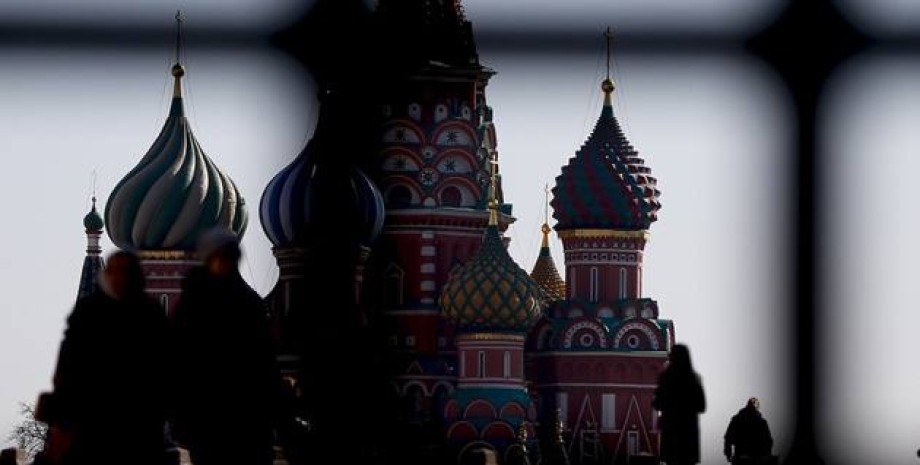
Russia is running a large -scale and unconventional war against Europe, focusing on sabotage on critical infrastructure, from military facilities and energy networks to communications and submarine cables, testing the sustainability of European governments and societies and challenging NATO/EU. This is stated in the study of the International Institute for Strategic Studies.
According to IISS, Russia is trying to destabilize European governments and undermine public support of Ukraine by its campaign, espionage and secret actions, imposing social and economic expenditures in Europe. In addition, the Kremlin is trying to weaken NATO and the European Union to respond to Russian aggression. The report is divided into three sections.
Section 1 identifies systemic vulnerability and dependencies that attribute European critical infrastructure to the risk of Russian sabotage operations, in particular, and the fragility of interrelated and interdependent systems. Section 2 examines the integration of Russia with infrastructure sabotage into its wider strategy of hybrid warfare, describes in detail methods of developing, used by Russian special services.
Section 3 examines the strategic challenge that European governments face, effectively responding to the Moscow campaign in Europe. The report ends with the strategic consequences of Russia's sabotage campaign, emphasizing the urgent need for a more persistent and proactive position to counteract Russian aggression and protection of European security.
The report states that this unconventional war of the Russian Federation began to aggravate in 2022 in parallel with the invasion of Russia into Ukraine. Although Russia has not yet been able to achieve its main goal, in Europe they tried to respond to sabotage operations of the Russian Federation, but had difficulty in reconciling a single answer, coordinating actions and developing effective measures of deterrent to the Kremlin in trying to impose additional costs in Europe.
"The critical infrastructure of Europe is particularly vulnerable to sabotage because it is in such a bad condition after decades of delayed service and lack of investment by national governments and the private sector. Russia has attacked critically important infrastructure to gain direct strategic benefit in Ukraine. Iiss has collected statistics of sabotage of the Russian Federation and concluded that most of them are in the critical infrastructure of Europe.
It is reported that despite the detection of Russian spies, the Russian Federation continues to effectively recruit third countries online for bypassing European counterintelligence measures. This tactic is quite successful, but the special services of the Russian Federation have to have problems with the quality of intermediaries, which leads to the detection and disruption of their activity.
Some NATO member states consider Russia an unconventional war as part of its long-term preparation for a potential military confrontation with NATO, indicated in the report. Not so long ago, Russian sabotage operations in Europe have expanded the range of targets and the scale of attacks. The number of attacks increased almost four times from 2023 to 2024. IISS data show that the most common ECI goals are war -related objects in Ukraine and government agencies.
In particular, Russia attacks bases, production facilities and facilities related to the transportation of military assistance to Ukraine, testifies to analysts. Russia's non -standard war against Europe creates significant political challenges for Western governments. The Russian doctrine deliberately blurs the boundaries between war and peace, complicating for European governments the detection and response to such aggression.
In response, NATO and the EU have defined the unconventional war of Russia as operations in the "gray zone", its concept describes the hostile activity below the threshold of direct conflict between states, and is a bureaucratic shield that allows governments to avoid decisive action and responsibility. Instead of clarifying the threats of the concept of "gray zone", it sowed confusion, blurring the boundaries between national security, diplomacy and law enforcement agencies.
Such distribution of responsibility prevents the emergence of a single and strategic response; Instead, governments often resort to defensive, reactive measures, double the protection, instead of taking proactive, decisive measures necessary to restrain and terminate Russia. The tendency to consider each incident separately, not as part of a wider Kremlin campaign, has exacerbated the problem and contributed to the lack of concerted actions of the whole government.
According to military historian Hugh Stan, a critical disadvantage of Western thinking in the field of security is the lack of clarity as to what a war that creates a dangerous confusion is. The Kremlin resolution to normalize sabotage as a tool of public administration risks long -term strategic erosion and miscalculations, which can draw Europe into a deeper conflict. Recall that recently the UK government exposed dozens of agents, including two who pursued the daughter of Sergei Skripal.










All rights reserved IN-Ukraine.info - 2022